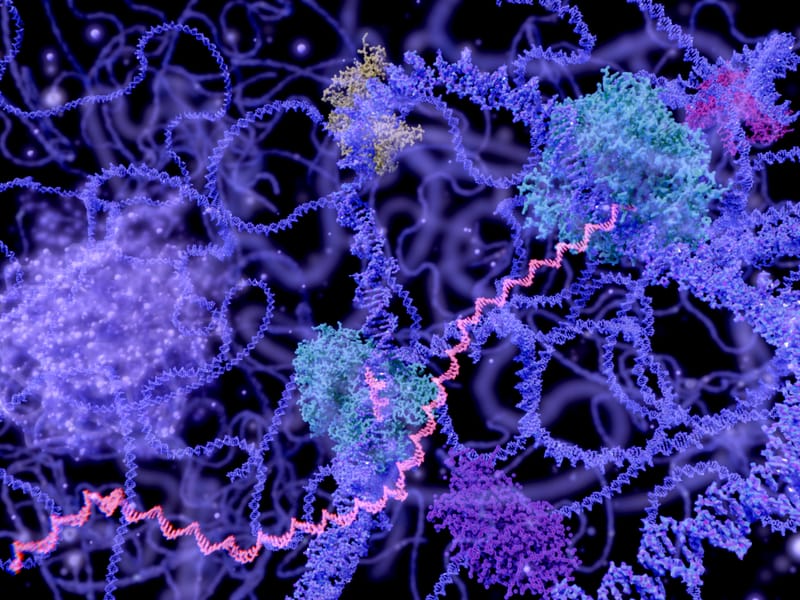Utilizing RNA Aggregates to Trigger Robust Cancer Immunotherapy via Danger Response

May 03, 2024
Cancer immunotherapy faces challenges due to limited antigenicity and a regulatory tumor microenvironment (TME). In a groundbreaking study, Mendez-Gomez et al developed "onion-like" multi-lamellar RNA lipid particle aggregates (LPAs) to greatly enhance the packaging and immunogenicity of tumor mRNA antigens.
Unlike current mRNA vaccine designs relying on nanoparticle core packaging for Toll-like receptor engagement in immune cells, systemically administered RNA-LPAs activate RIG-I in stromal cells. This triggers a significant cytokine/chemokine response and prompts dendritic cell/lymphocyte trafficking, fostering cancer immunogenicity and leading to rejection of both early- and late-stage murine tumor models. In client-owned canines with terminal gliomas, RNA-LPAs improved survival rates and reshaped the TME into a "hot" environment within days of a single infusion.
In a pioneering human trial, RNA-LPAs induced swift cytokine/chemokine release, immune activation/trafficking, tissue-confirmed pseudoprogression, and glioma-specific immune responses in glioblastoma patients. These findings highlight RNA-LPAs as a revolutionary technology capable of reprogramming the TME while triggering rapid and enduring cancer immunotherapy.
SOUCE: https://www.cell.com/cell/abstract/S0092-8674(24)00398-2
CREDITS: CELL PRESS